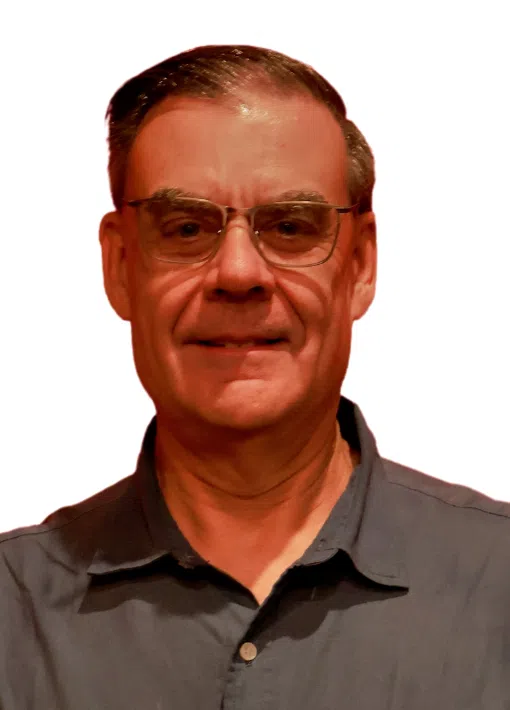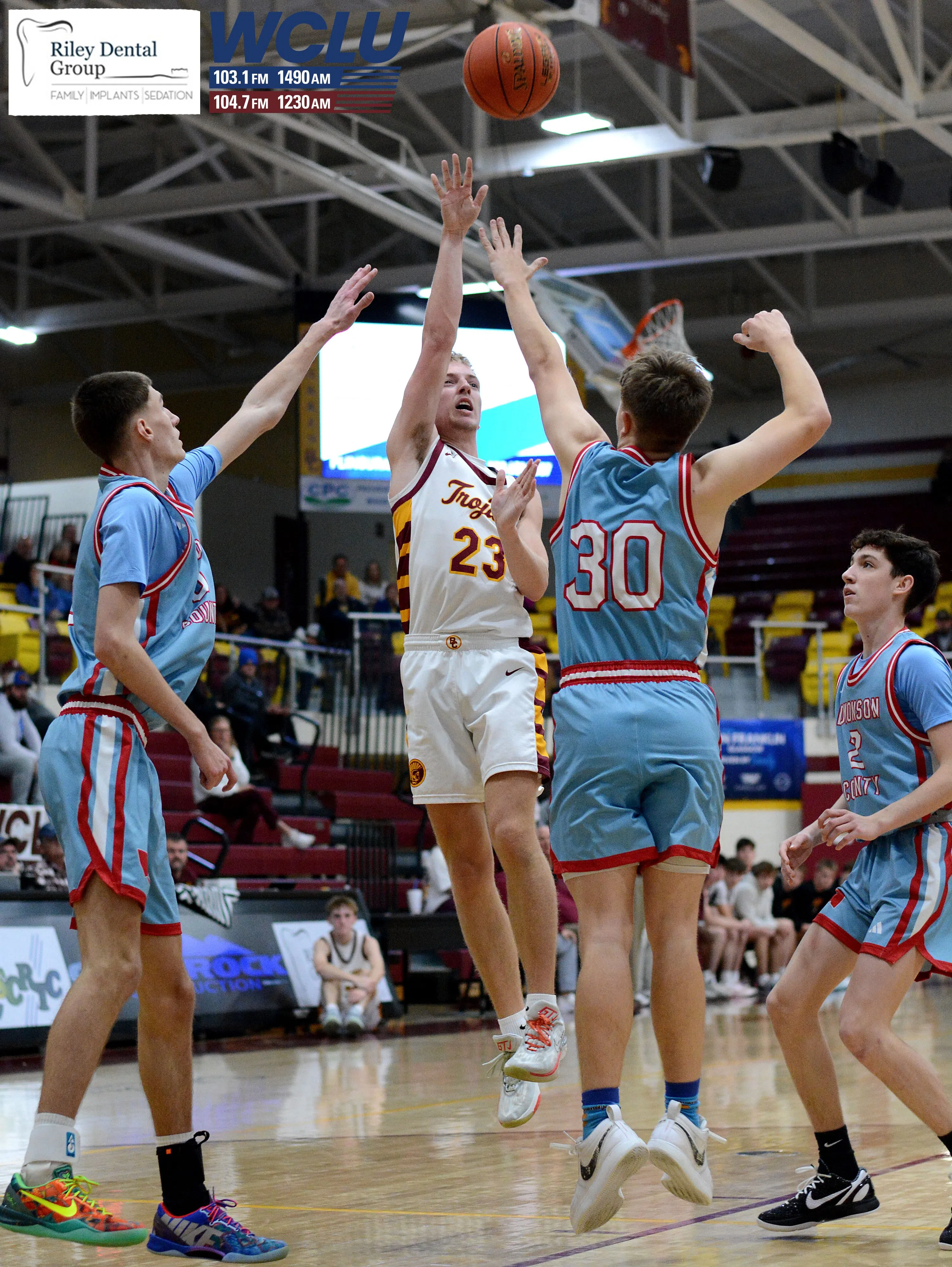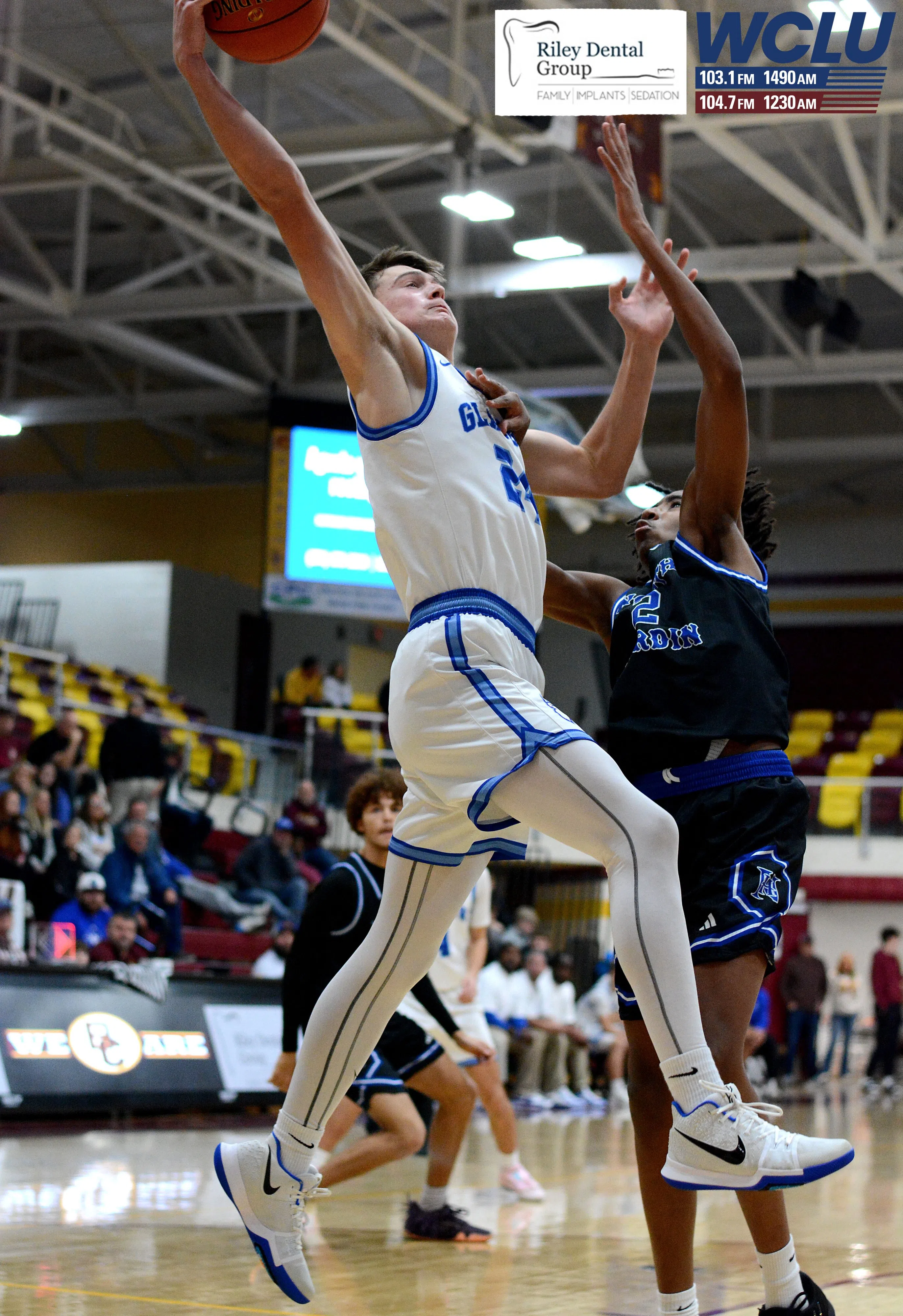This week, the National Corvette Museum’s Motorsports Park will be notably devoid of gasoline scents, but the roar of engines will persist.
The Eletrek Formula Sun Grand Prix is making its debut at the NCM track, showcasing numerous solar-powered competition cars.
The event features 32 college teams from across North America, including a team from the University of Kentucky, competing in a three-day endurance race from Tuesday to Thursday with their custom-designed solar cars.
Qualifiers from this race move on to the American Solar Challenge, an eight-day, 1,500-mile competition that begins on July 20 in Nashville and concludes in Casper, Wyoming.
Event Director Gail Lueck, a former collegiate competitor turned organizer, notes the significant technological advancements over the past four decades, reflecting the event’s ongoing evolution. The solar cars generate energy while driving, which can either power the engine directly or be stored in batteries for later use, depending on speed and conditions.
Final preparations took place over the weekend Teams arrived on Friday to finalize preparations and conduct last-minute checks. Cars are divided into single-occupant and multi-occupant categories. Single-occupant racers aim to complete the most laps by the end of the competition, balancing speed and efficiency.
Multi-occupant racers strive for “people miles,” loading as many occupants as possible without compromising performance.
To qualify for the American Solar Challenge, teams must complete either 205 miles (66 laps) in one day or 308 miles (98 laps) over two consecutive days. Each driver must also complete 53 miles (17 laps).
Lueck describes the event as a unique learning experience encompassing engineering, logistics, business, and fundraising. She mentions that while widespread solar car commuting is not yet feasible, innovations from solar racing and student experiences are accelerating this potential. Lueck emphasizes that these students often move on to work with companies developing hybrid, electric, and even solar-integrated vehicle technologies, influencing future advancements. Event details and spectator information
The competition is scheduled from 9 a.m. to 5 p.m. on July 17th and 18th.
Admission is free, and spectators are encouraged to attend.
Teams will be available until 8 p.m. on the first two days to interact with guests, showcase their cars, and answer questions. Organizers highlight the evening “charging hours” as an excellent opportunity to see the cars’ interiors and components as teams adjust their solar arrays to track the sun. She humorously advises not to shade the solar arrays during charging.
A live stream, along with details about the teams and future events, can be found at AmericanSolarChallenge.org.













